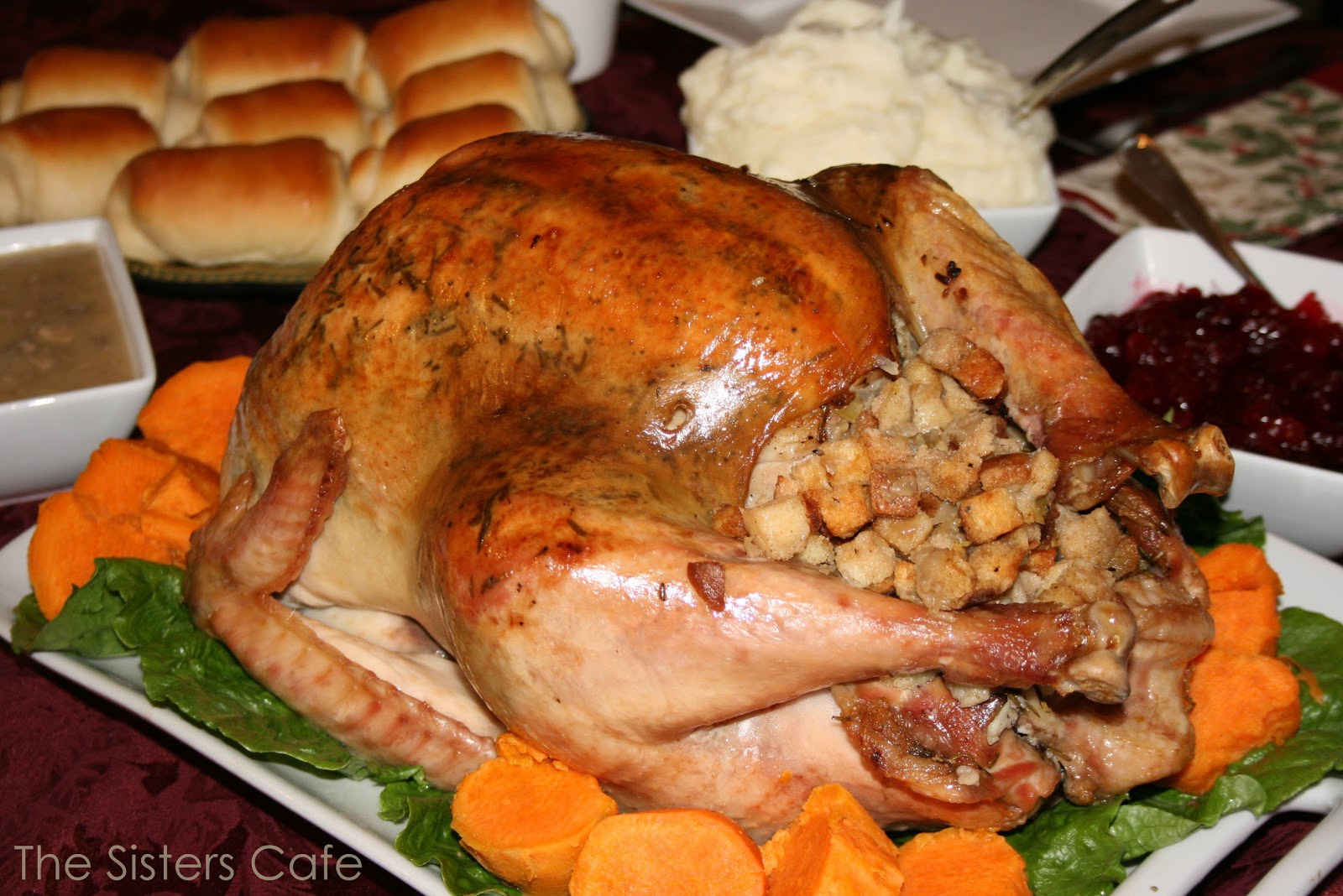If asked, most Christians would tell you that they’d like to be closer to God. But wanting to doesn’t make it happen. So, how do we become intimate with the Lord and consistently enjoy fellowship with Him?
Several things come to mind, but our great-grandson Lennox just gave a perfect illustration of on e simple way that is part of communing with the Lord. We celebrated his third birthday party on Saturday. Family and friends enjoyed a festive occasion with balloons, food, cupcakes, and a tantalizing stack of presents.
e simple way that is part of communing with the Lord. We celebrated his third birthday party on Saturday. Family and friends enjoyed a festive occasion with balloons, food, cupcakes, and a tantalizing stack of presents.
Opening the presents was the highlight of the day for everyone there, because Lennox was the model of gratefulness and graciousness. With each and every gift, as he ripped the paper off, his high anticipation was expressed in, “Ooooo!” or “Ahhhh!”
When the wrapping was off and the gift revealed, he exclaimed further, with comments such as, “Wow!” and “Look at that!” Several times, he held his prize up and panned the room with it so everybody could get a good look.
Many times the present just opened held such interest that he had to be pulled away to open the remaining gifts. Still, he was thrilled with each one and was quick to share his delight . In response, the room filled with warm smiles, chuckles, and replies of “oooo.”
. In response, the room filled with warm smiles, chuckles, and replies of “oooo.”
It never occurred to Lennox that there wasn’t something special inside each package. He knew that everybody loved him and wished the best for him. While he wasn’t so excited upon unwrapping a sheet and a comforter for his new big-boy bed, it didn’t dent his eagerness to open the next gift.
A characteristic of a close relationship with God is a knowledge that He loves us and wants the best for us. We can look forward to each day with anticipation, trusting Him that the gifts He gives will be for our good.
Lennox’s gratefulness was contagious. It lifted the spirits of everybody there, and it drew us together in joy. His joy was obviously from the heart, and it touched our hearts.
I know the Lord tells us to be thankful in all things, but I’ve never witnessed so clearly how powerful gratefulness can be.
Romans 1:17-30 describes the pathway of turning away from God and being rejected by Him. From it we can see that being thankful is a basic ingredient in our relationship with God.
“Although they knew God, they did not glorify Him as God, nor were thankful, but became futile in their thoughts, and their foolish hearts were darkened.” (Rom. 1:21).
Lennox was overflowing with thanksgiving, and we were blessed just watching him rejoice over his gifts.
I could only imagine how blessed God must be when we’re truly, sincerely grateful for the blessings of each day. The Word says that “Every good gift and every perfect gift is from above, and comes down from the Father of lights, with whom there is no variation or shadow of turning” (Jas. 1:17).
Basic things like our food, shelter, friends, family, health, ability to work, and so forth is endless. We could never list all the blessings of daily life, much less our spiritual blessings, such as salvation, the righteousness, peace, and joy we have in Christ, grace for each day, and on and on.
And yet, how often do we stop to say, “Thank you, Lord.” Do we “ooo” and “ahh” in delight as we unwrap His many blessings? Or are we so busy we don’t even think about their source?
A refugee from Myanmar was asked what she was most grateful for in her very simple life in America. Her immediate, enthusiastic reply was, “running water in the house.” In her hometown, she had to walk a long distance to get water.
Are you like me? I am so abundantly blessed, but I’m often distracted by life’s ups and downs, not making note of how blessed I am.
And yet, I’m aware that when I acknowledge the Lord as the giver of my blessings, I feel closer to Him–just as rejoicing with Lennox made me feel closer to him and to others in the room.
Gratefulness also leads to fellowship with the Lord, and I believe it glorifies Him. I know it does when I overflow with heartfelt gratefulness the way Lennox did.
I’m purposing to have an attitude of gratitude that flows from a grateful heart, is contagious, and is pleasing to my heavenly Father. How about you? Have you learned how to walk in the power of a grateful heart?
 What comes to mind when you think of Thanksgiving? A table laden with turkey, dressing, and pumpkin pie? A break from work or school? Family gathered from far and near? Football? Black Friday sales?
What comes to mind when you think of Thanksgiving? A table laden with turkey, dressing, and pumpkin pie? A break from work or school? Family gathered from far and near? Football? Black Friday sales? p space. Every time I saw it, I felt guilty because it was God’s provision. I ought to appreciate it and use it.
p space. Every time I saw it, I felt guilty because it was God’s provision. I ought to appreciate it and use it. nger is counterfeit power. We resort to it when we don’t like something or we want something to happen and we’re not big enough to bring it about on our own. We express anger to puff ourselves up so we will be bigger and more powerful.
nger is counterfeit power. We resort to it when we don’t like something or we want something to happen and we’re not big enough to bring it about on our own. We express anger to puff ourselves up so we will be bigger and more powerful.